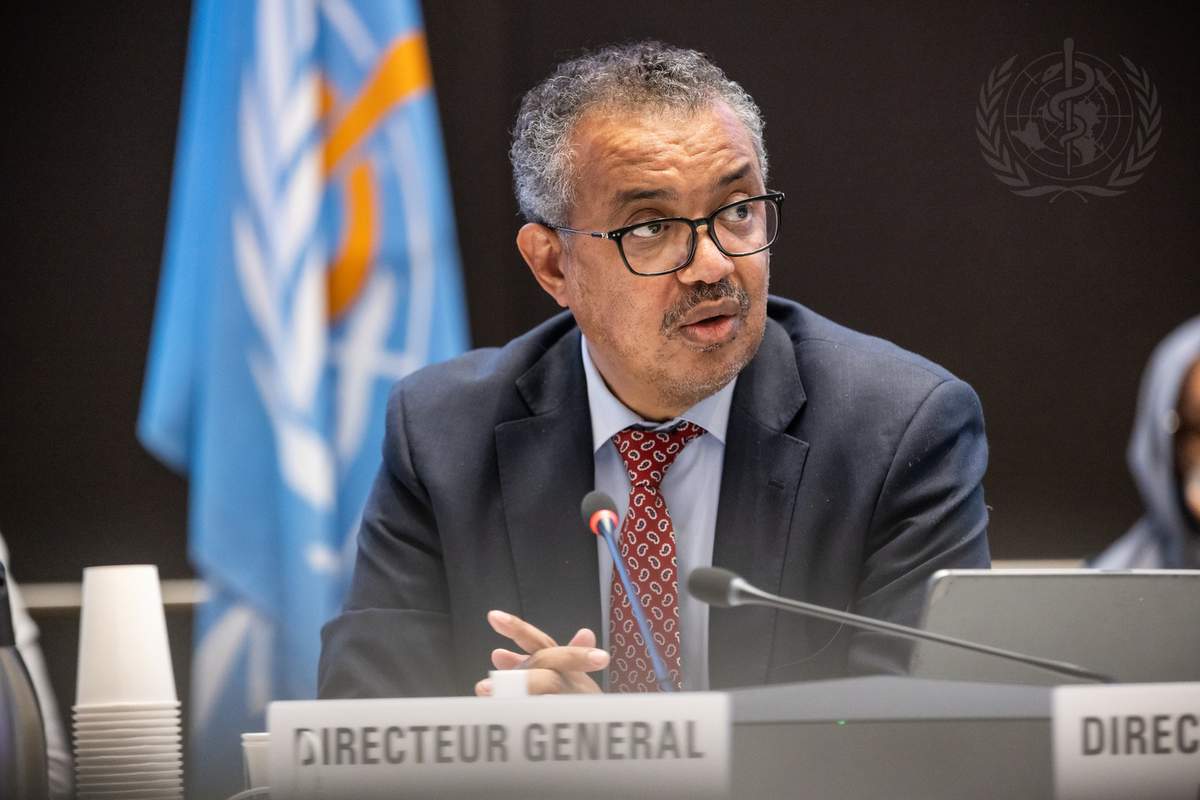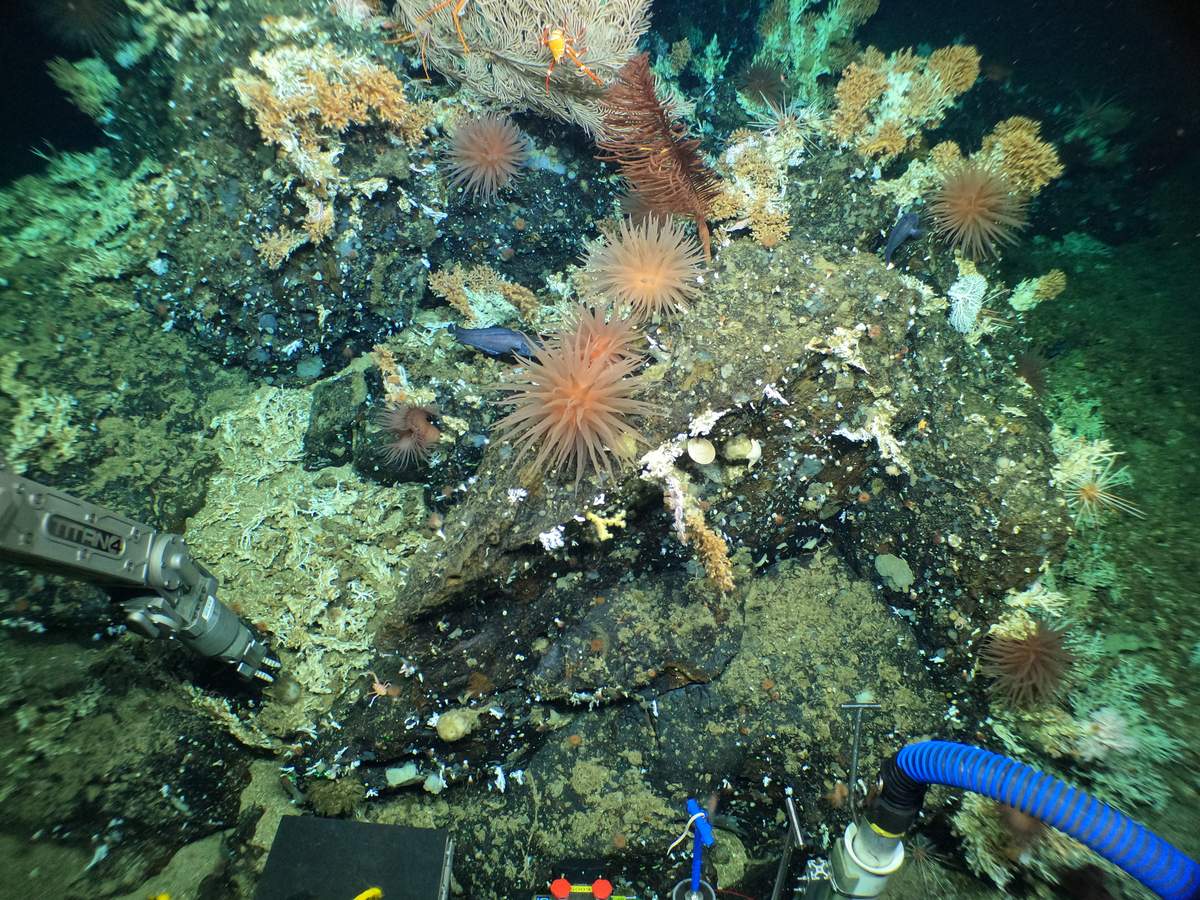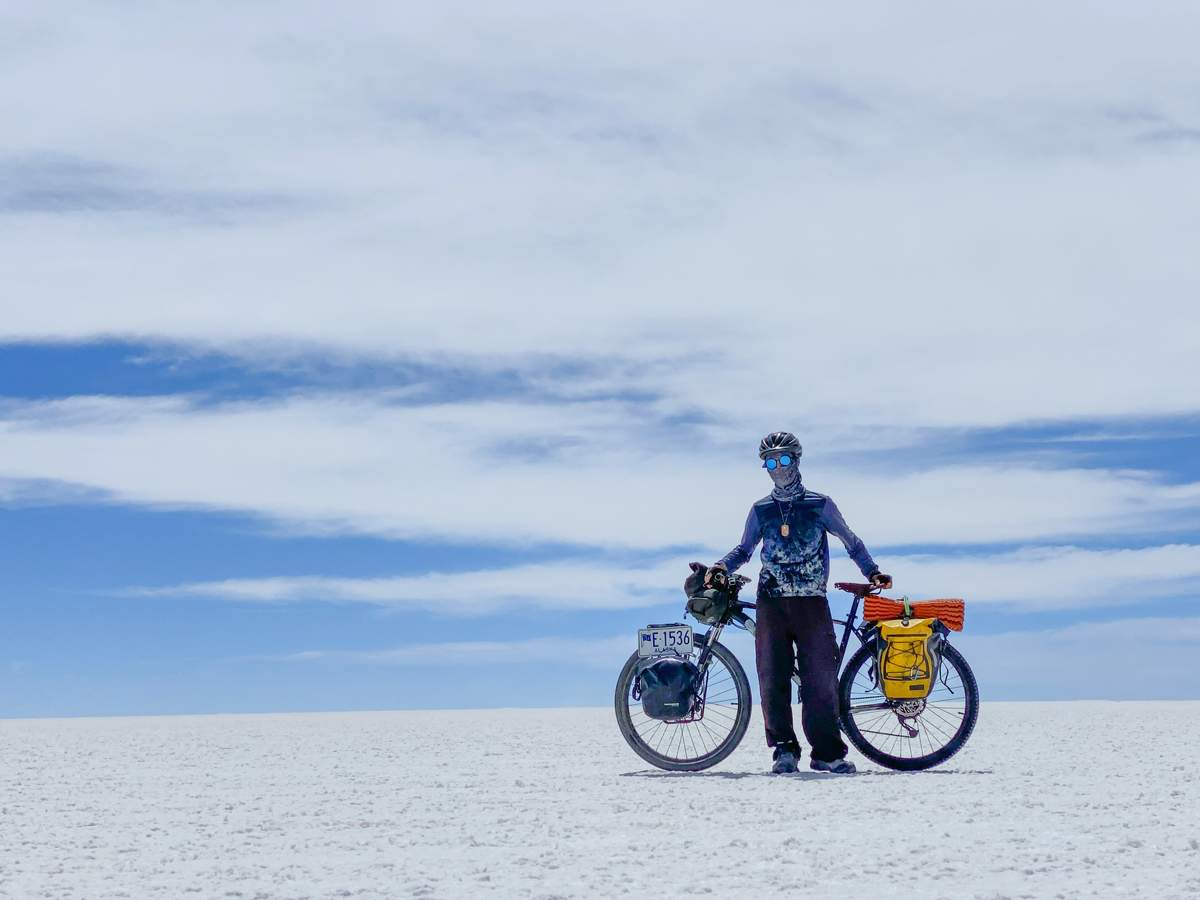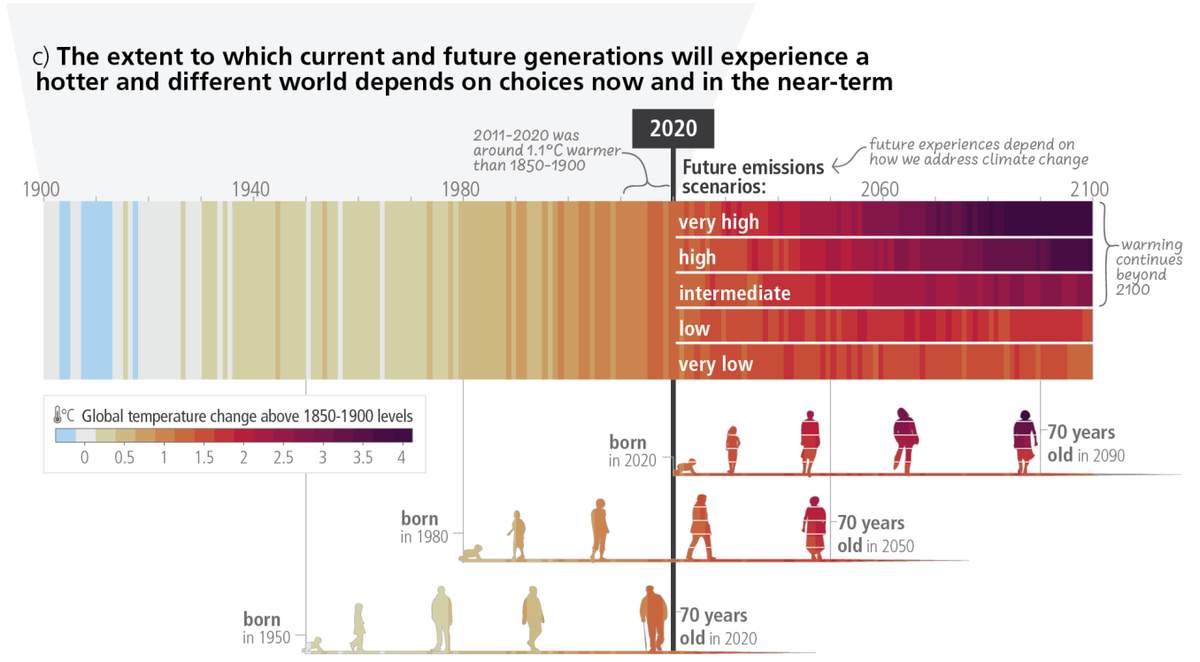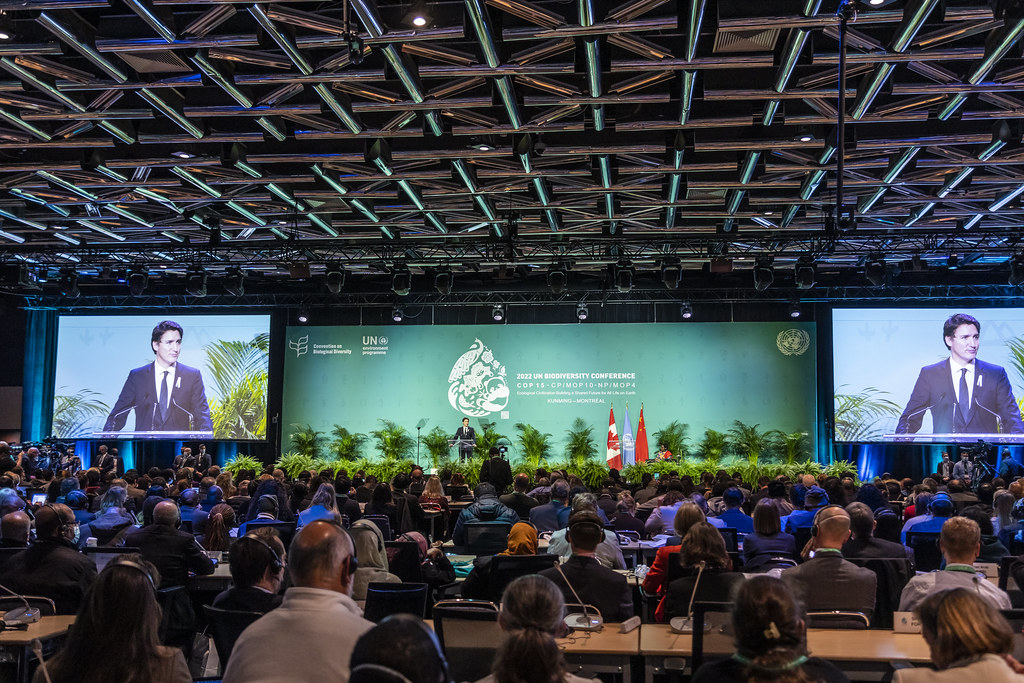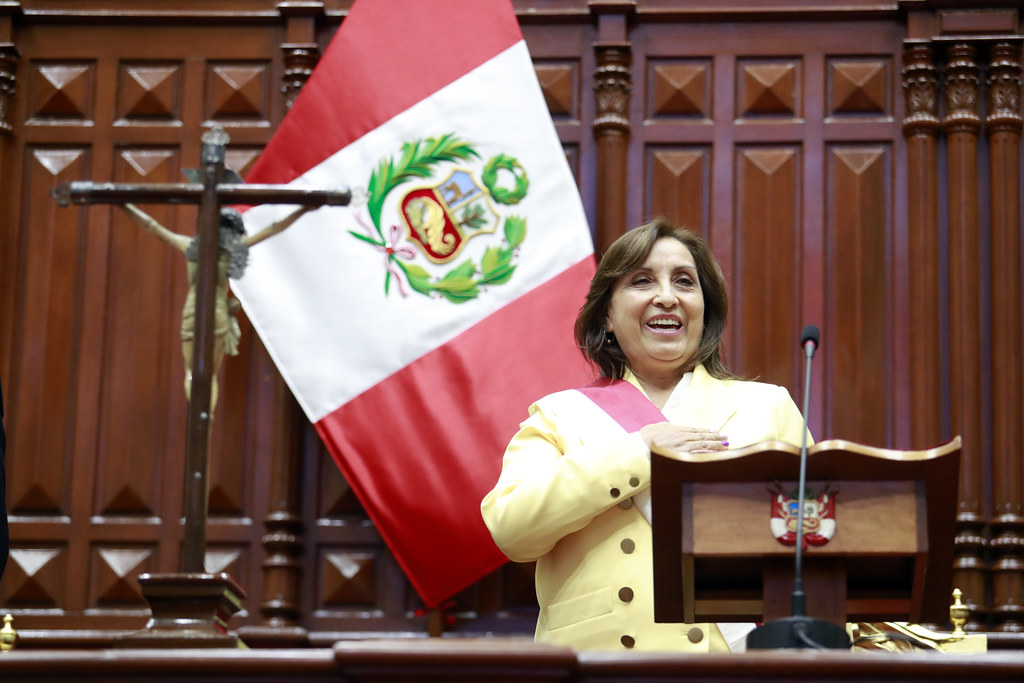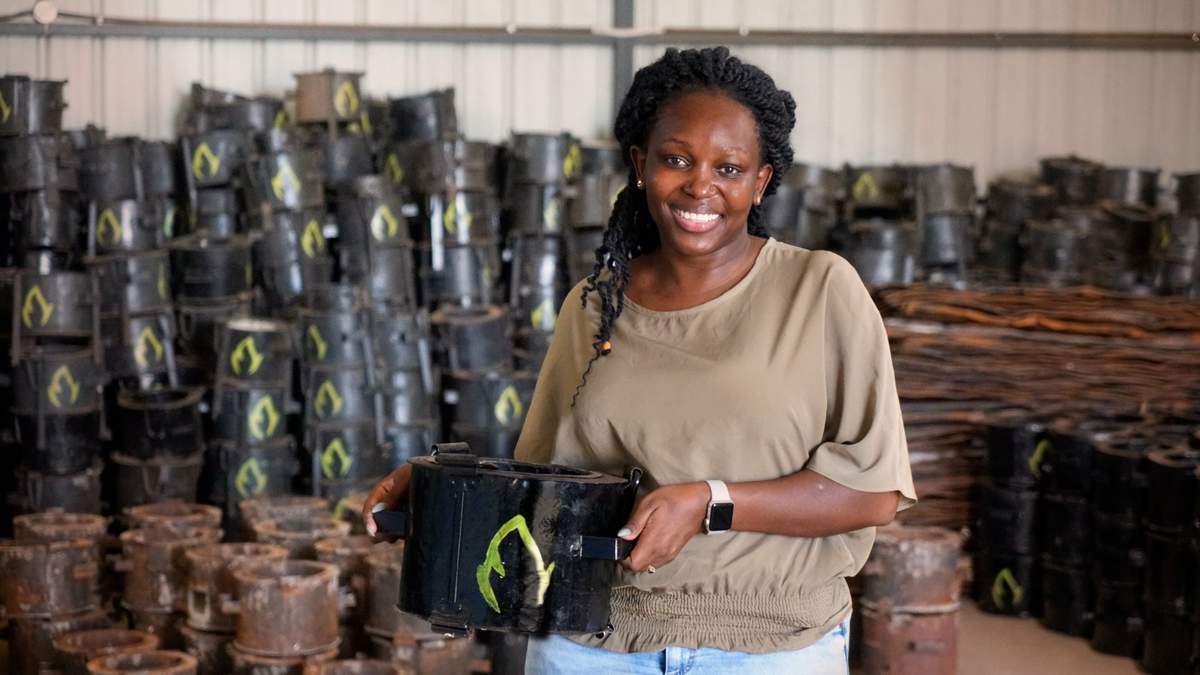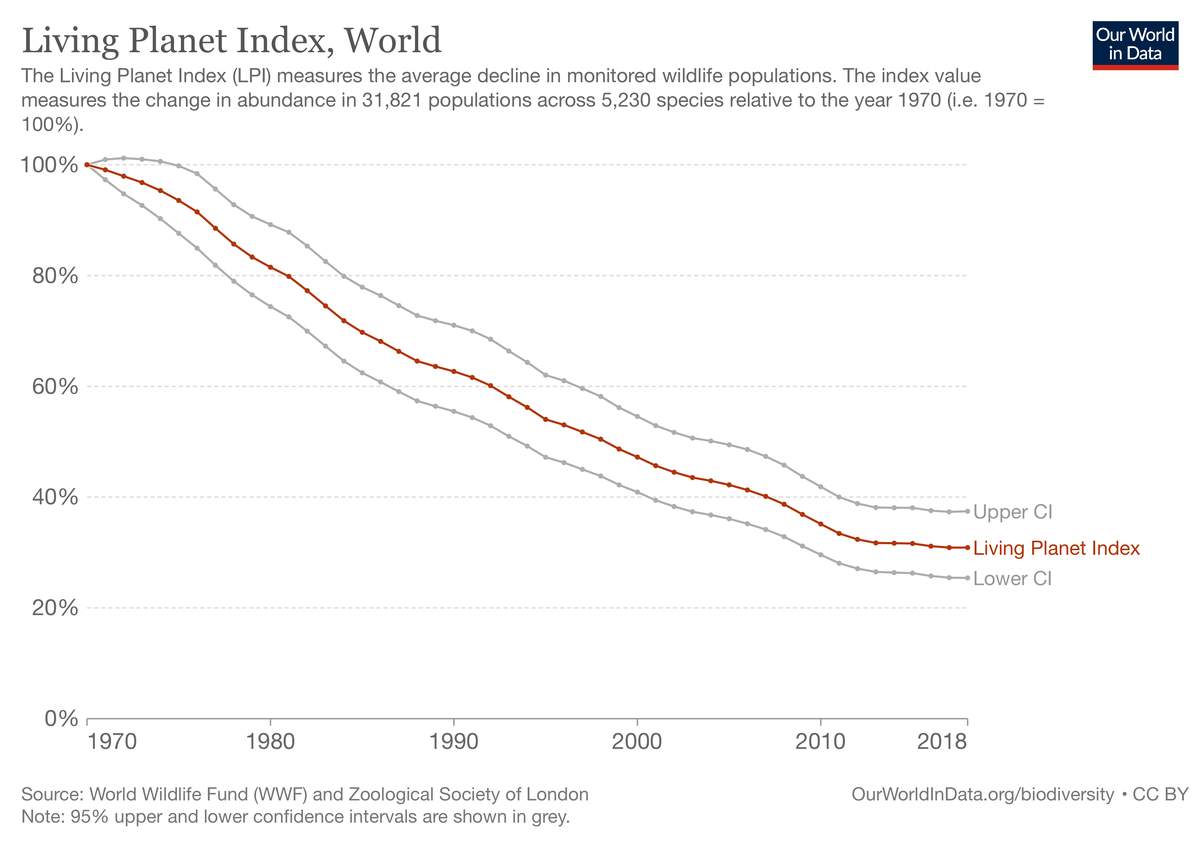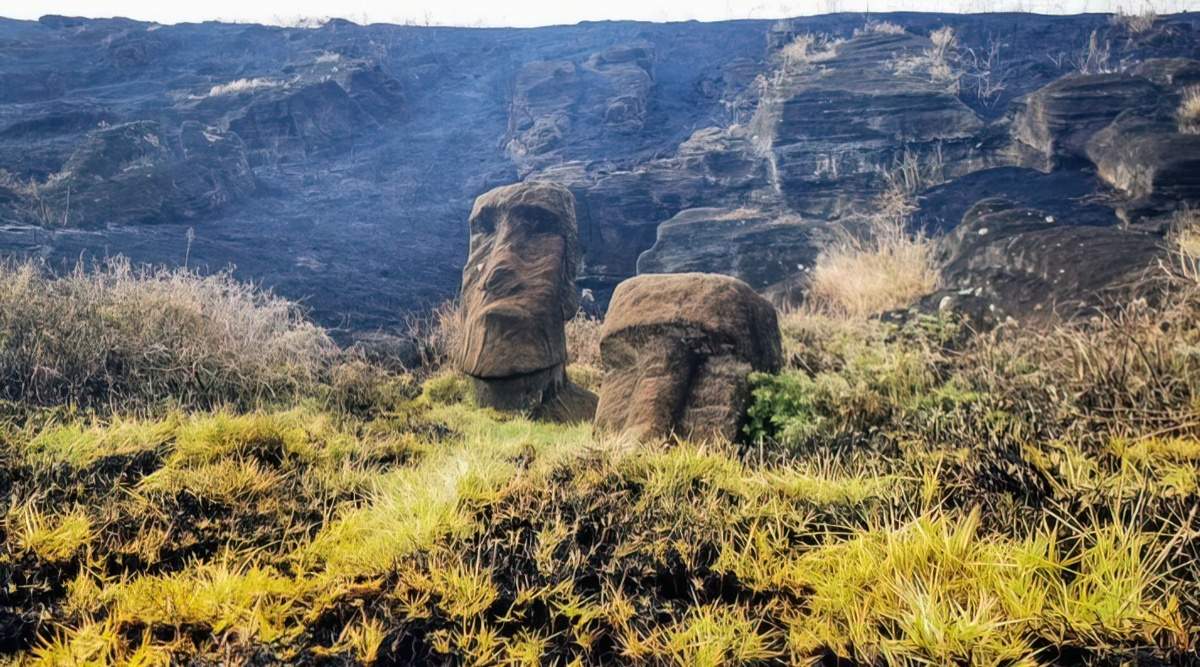On Friday, the World Health Organization announced that the coronavirus pandemic is not a global emergency anymore. The disease is now spreading much more slowly than before. The WHO says Covid-19 is still a problem, but the hardest part of the pandemic is over.
Published in “South America”
Scientists exploring the ocean around the Galapagos Islands have discovered a healthy, active coral reef, deep below the surface of the sea. The reef is unusual because it is so healthy, and has not been damaged by humans.
Liam Garner was just 17 years old when he started out on his big adventure - a 20,000 mile (32,000 kilometer) bike trip from Alaska to Argentina. In early January, he finally finished his trip, 17 months after he started.
On Monday, a United Nations climate group released a major new report on climate change. The report explains that the climate crisis has become even more serious, and that massive climate action must be taken before 2030 to avoid the worst effects of the crisis.
COP15, an important United Nations meeting of nearly 200 countries, is being held in Montreal, Canada. The goal of the meeting is to agree on how to best protect all the different kinds of living things on our planet - Earth's "biodiversity".
In today's news roundup, Peru gets its first female president after its previous president is arrested, people in Iran continue their protests against the government with a nation-wide strike, and eight teams remain in the 2022 World Cup contest.
Last Friday, Britain’s Prince William announced the winners of this year's Earthshot Prize. The prize is meant to encourage new ideas and rapid action to help protect the planet. Each prize-winner won $1.2 million for their efforts.
On November 15, the United Nations reported that the number of people on Earth had grown to eight billion. That came just 11 years after the world reached seven billion people. The world faces challenges ahead as the population continues to grow.
Brazil's Ex-President Luiz Inácio Lula da Silva won the country's runoff election for president yesterday, defeating the current president, Jair Bolsonaro. Many people saw the tight race as one of the most important elections the country has ever held.
A recent report by the World Wildlife Fund and the Zoological Society of London shows that, on average, wildlife numbers have dropped sharply since 1970. The main cause of the drop is human activity. The report is alarming, but there are some signs of hope.
Last week, a wildfire tore through a large area of Rapa Nui National Park on Chile's Easter Island. The fire caused serious damage to several of the large, ancient stone statues that the island is famous for.

